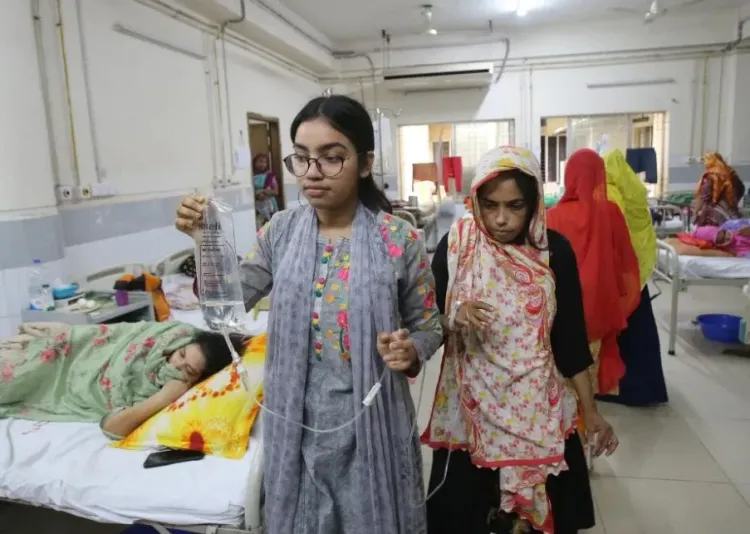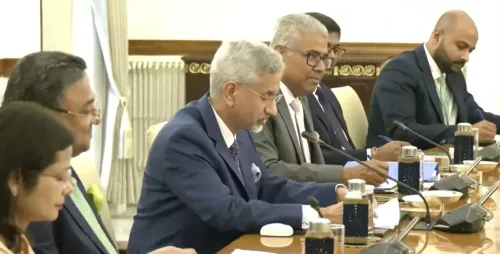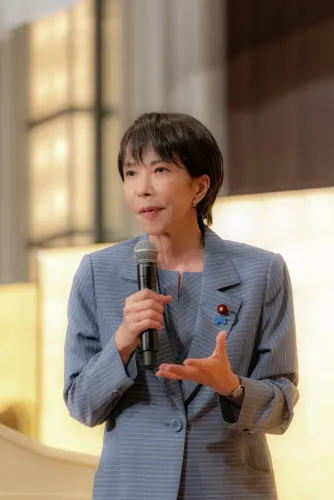Are All 64 Districts in Bangladesh at Risk from the Rising Dengue Crisis?

Synopsis
Key Takeaways
- Dengue cases are increasing rapidly in Bangladesh.
- All 64 districts are at risk of severe outbreaks.
- Current control measures are inadequate.
- Community involvement is essential for effective prevention.
- Experts advocate for a structured response to tackle the crisis.
Dhaka, July 14 (NationPress) - As the dengue situation escalates in Bangladesh, experts have issued a warning regarding a possible nationwide crisis and highlighted that the measures to combat this mosquito-borne illness have been insufficient under the leadership of the Muhammad Yunus-led interim government.
Reports indicate that without immediate, focused actions, the crisis could worsen across all 64 districts of the nation, local media disclosed on Monday.
The Directorate General of Health Services (DGHS) of Bangladesh confirmed that another individual succumbed to dengue within the last 24 hours until Sunday morning, increasing the total fatalities from this mosquito-borne illness in the country to 56 in 2025.
Moreover, 420 additional patients were admitted due to viral fever, bringing the total number of confirmed cases this year to 14,880.
The newly reported cases in the nation consist of 116 in Barishal Division, 79 in Chattogram Division (excluding city corporations), 60 in Dhaka Division (excluding city corporations), 57 cases identified in Dhaka South City Corporation, and 25 in Dhaka North City Corporation.
Entomologist Kabirul Bashar urged the interim government to focus on eliminating mosquito larvae and eradicating breeding sites, rather than relying solely on widespread fogging.
"Fogging should be restricted to areas with confirmed cases. General fogging is largely ineffective, yet it continues to be the primary method employed," The Daily Star reported Bashar as stating.
He further asserted, "Without grassroots efforts to eliminate breeding sites at the household level, controlling dengue will remain a challenge," emphasizing the crucial role of public awareness and community involvement.
Bashar warned that all districts are now at heightened risk for more severe outbreaks than in previous years, noting that Aedes mosquitoes, the primary carriers of dengue, are now found in every district.
Entomologist GM Saifur Rahman echoed Bashar's concerns and called for the establishment of a dedicated vector control department to address the rising mosquito-borne illnesses in a systematic and scientific manner.
"This department should manage cluster identification, surveillance, and targeted interventions. Without a structured and scientifically driven strategy, current efforts will continue to be inadequate," Rahman cautioned.
Public health experts, doctors, and entomologists collectively highlighted the lack of sustained and effective preventive initiatives.
They have also pointed out that the country's overstretched healthcare system is ill-equipped to handle the intensifying crisis.
In the absence of significant reforms in the healthcare framework and a robust dengue management strategy, both urban and rural populations remain at risk.









